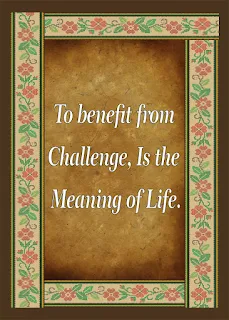One of the scenarios I hear from people frequently is regarding their phones storage filling up. The phone call or discussion goes something like this:
They are getting messages from the phone that they can no longer take any photos because there is no storage space left… Usually at this point there is also a message suggesting that they pay for more online storage as well.
These two messages totally confuse the issue for most people who are not technically savvy. If they buy more online storage, the problem on the phone seems to go away for only short amount of time and then there is another message asking them to upgrade.
So my purpose in this article and accompanying video is to attempt to untangle this mess of running out of room on the phone for photos.
First off let's make clear what online storage is and why the phone is using it. When you take a photograph with your phone it is stored in two places.
- Inside your phone as you would expect, and this does take up physical storage space.
- The phone also sends a copy of the photograph to online storage. So you have a backup of the photograph.
Great, except unless you're paying extra the amount of photos which can be stored online is rather limited. So you start getting messages about running low on storage pretty quickly after sitting up your new phone.
This behaviour of automatically backing up photographs is pretty much the default configuration for phones now days. Some phones however are configured a little bit differently and they will not display this message about running low on storage until both the online storage and the phones physical built in storage are full. If this is the situation a phone is in then it's a real mess because usually the phone cannot do software updates since there is no room to actually put the update.
So what do you do?
Answer: Transfer your photos from the phone's physical memory to another device, usually a USB memory stick or an external hard drive, for safekeeping. This does mean that you won't be able to look at all your photos on your phone, but because you now have the photos stored somewhere else you can use other devices to look at them. And if you really want to you can transfer them back to the phone at any time.
The video goes into greater detail of the transfer process but here in brief are the steps, just so you get some idea of what is going on and how to do it. These steps are specific for the Android Operating system for phones. With iPhones the procedure is considerably different. If I can get my hands on a current iPhone I will make a video and article for those as well.
- Buy a USB memory stick with a Type "C" plug as shown in the picture below. The USB stick will connect to your phone using the same connection as the one used for charging. If the phone does not have this style of USB connector take the phone to the store when you are purchasing the USB stick and see if you can get a compatible USB stick or an adapter. (In the video I recommend a USB stick with at least 32 gigabytes (GB) of storage. But after thinking about it if you can get 64 GB that would be preferable. Pictures and videos can be quite large now days.)
A suitable USB stick with a "Type C" connection on the end.
This represents 90% of all new cell phones. - Plug the USB stick into the phone. If you get a message indicating that the stick must be "formatted", click "yes" to proceed. This will only occur the first time you use the stick and may not occur at all.
Be aware though that this formatting process will erase anything previously put on the USB stick. So when in doubt always use a empty stick.
However once the initial format is complete the next time you use the same stick the phone will not go through this process and you can add more photos to a partially filled stick.
















.jpg)

.jpg)




